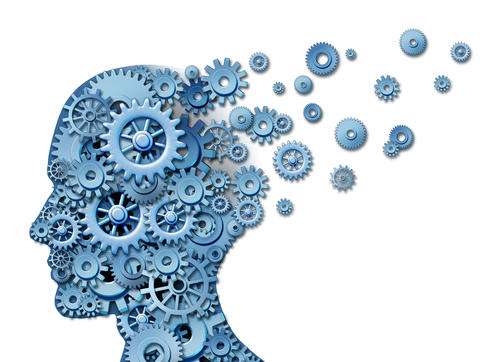Learning a Second Language: First-Rate Exercise for the Brain
 The brain is so exquisitely sensitive to language that it only takes six weeks of learning Chinese for the neurons of English speakers to rewire. And those whose brains are fully bilingual are more facile at learning generally.
The brain is so exquisitely sensitive to language that it only takes six weeks of learning Chinese for the neurons of English speakers to rewire. And those whose brains are fully bilingual are more facile at learning generally.
All this is according to two fMRI (functional magnetic resonance imaging) studies published recently in The Journal of Neurolinguistics and Brain and Language. Together, they point to the power of language to shape the brain— and the power of the fMRI to detect that.
Six weeks to a better brain
In Neurolinguistics, Pennsylvania State University professor of psychology, linguistics and information sciences Ping Li examined 39 native English speakers' brains over a six-week period, during which half learned Chinese vocabulary. Of those learning Chinese, those who were more successful at it displayed a more connected brain network than did both the less successful learners and those not learning at all.
Li’s team also found that successful learners had a more connected network even before the experiment began, indicating that better-integrated brain networks are more flexible and efficient, enabling the easier acquisition of a new language. Efficiency was defined by the researchers as the strength and direction of connections between brain regions. The stronger the connections, the faster they work together and the more efficient the network.
Study participants each underwent two fMRI scans— one before and one after the study period. The scans revealed that the brains of the successful learners had functionally changed. The neural network was better integrated.
"A very interesting finding is that, contrary to previous studies, the brain is much more plastic than we thought," said Li in a prepared statement. "We can still see anatomical changes in the brain [in the elderly], which is very encouraging news for aging. And learning a new language can help lead to more graceful aging."
Li is now studying a number of ways the process of learning a second language as an adult can lead to both behavioral and physical changes that may approximate the patterns of learning a language as a child.
Bilingualism as constant exercise
Bilingualism continually strengthens the brain, reported Northwestern University communication sciences expert Viorica Marian in a recent Brain and Language study. It results in brains that process data more efficiently and effortlessly.
The bilingual brain does this by constantly choosing which language to use and which to ignore. Constantly exercised brains have to work less hard at cognitive tasks, Marian’s team found.
"It's like a stop light," Marian said, in a prepared statement. “Bilinguals are always giving the green light to one language and red to another. When you have to do that all the time, you get really good at inhibiting the words you don't need.”
The study used fMRI to test co-activation and inhibition in bilingual individuals. Co-activation during bilingual spoken language comprehension reveals that both languages are "active" in bilinguals’ brains at the same time, consciously or not. Inhibitory control is about choosing the right language for the right moment.
MRI imaging reveals blood as cognitive task are performed. The more oxygen or blood flow to an area of the brain, the more the brain is laboring.
Volunteers in Marian’s study performed language comprehension tasks. After hearing a word, they were shown pictures of four objects. Participants were asked to recognize the correct word and ignore any similar-sounding words.
Bilinguals were more competent at filtering out competing words. The reason: their brains were used to managing two languages and ignoring irrelevant words.
The fMRI scans showed that there was more activation in the inhibitory control regions of monolinguals brains than in brains of bilinguals; they had to work much harder.
Other research indicates efficient brains matter in daily life. Bilingual kids are better at ignoring classroom noise than monolingual kids, according to another Marian study, which was published last month in the journal Bilingualism: Language and Cognition.

